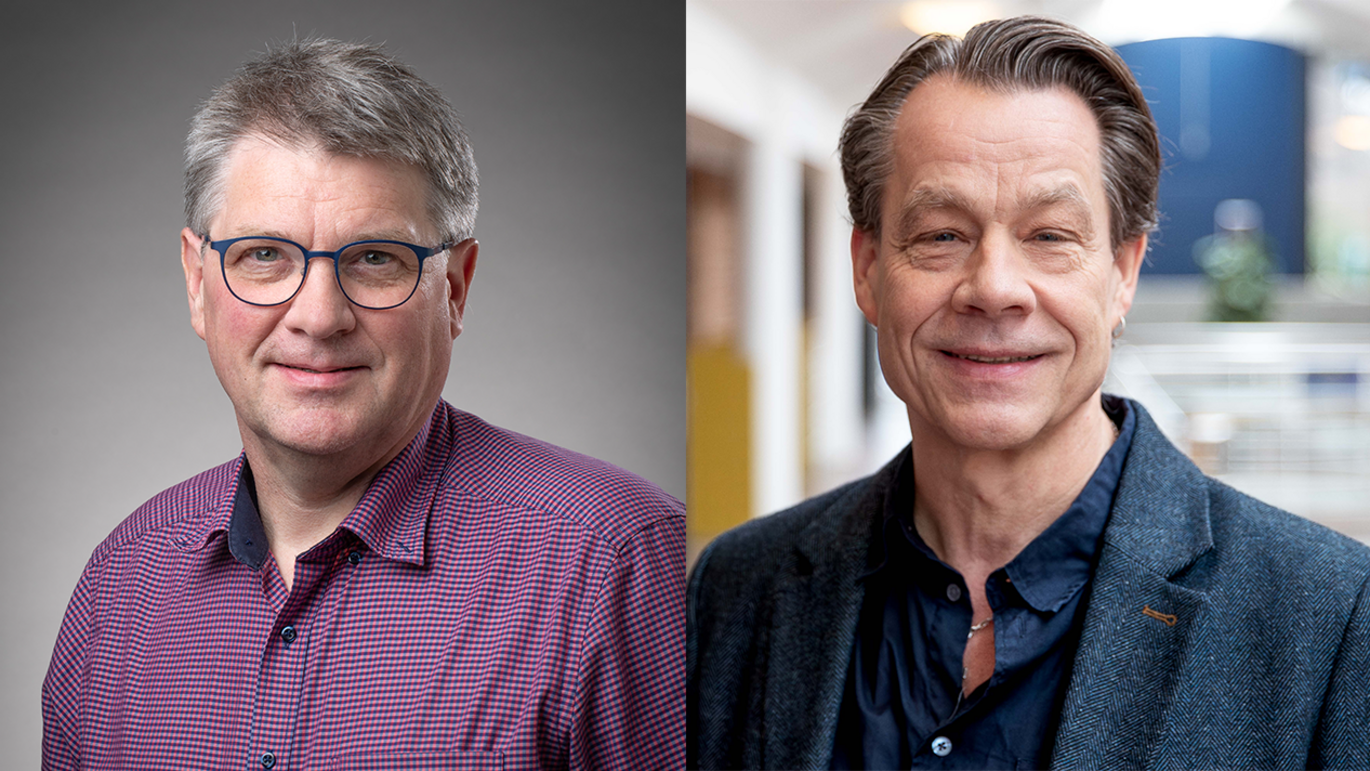Study challenges prejudice: Heredity only explains part of mental illness
Large study shows that most cases of depression or schizophrenia occur in people without relatives diagnosed with the same condition.

DEGREES OF KINSHIP
First-degree relatives
Closest family members - sharing about 50% of your genes:
- Parents
- Children
- Full siblings (same mother and father)
Second-degree relatives
Share about 25% of your genes:
- Grandparents
- Grandchildren
- Half-siblings (same mother or father)
- Aunts, uncles
- Nephews and nieces
Third-degree relatives
Share about 12.5% of your genes:
- Cousins (children of your parents' siblings)
- Great-grandparents
- Great-grandchildren
- Great-aunts/uncles (siblings of your grandparents)
It is a common belief that mental illness ‘runs in families’. And while it is true that heredity plays a role, in reality, the vast majority of cases - such as schizophrenia, bipolar disorder, depression, and borderline personality disorder - occur in people without any known hereditary predisposition.
This is the conclusion of a major new study by researchers at the Danish Center for Register-Based Research, Aarhus University, recently published in the scientific journal Lancet Psychiatry.
The study is based on data from over 3 million Danes, and the researchers hope it will help alleviate concerns and reduce stigma.
“Typically, people are most worried about what they see among close relatives. Very few go around fearing they’ll develop schizophrenia unless they have a relative with the condition. But this study clearly shows that all of us have a risk of developing mental illness,” says Professor Carsten Bøcker Pedersen, who co-authored the study with Professor Esben Agerbo.
“Eighty-nine percent of people diagnosed with schizophrenia have no history of the disorder among close relatives. So it’s far from something that only occurs in affected families,” he adds.
A similar pattern is seen with depression: 60% of individuals who experience depression have no relatives with the disorder.
What does my Mother’s illness mean for me?
The study raises an important question: If most mental illnesses occur in people without a relative with the same condition, how do they arise?
The researchers can’t give a precise answer.
“Mental disorders are hereditary, but they are also highly polygenic. They often result from many small genetic variations, not a single ‘disease gene.’ Additionally, environment and chance also play a role,” explains Professor Esben Agerbo.
“But the study is groundbreaking because it describes the absolute risk - how many out of 100 people will develop a specific mental disorder in their lifetime. This functions like an atlas, helping individuals understand, for example, the statistical implication of having a mother with a mental illness,” he says.
The researchers hope the data can help nuance the narrative for families affected by highly heritable conditions like schizophrenia.
“If your father or sister has schizophrenia, it does not mean you will necessarily develop it. In fact, the study shows that 92% of people with a first-degree relative with schizophrenia do not develop the disorder themselves,” says Carsten Bøcker Pedersen.
So while the study supports that heredity is a factor, it also makes clear that heredity is unpredictable and complex, he adds:
“If you have a parent or sibling who has had depression, your risk of developing depression is around 15% - while your risk is under 5% if you have no close relatives with the condition. But that also means you still have an 85% chance of not developing the illness, even if it appears in your immediate family. That’s an important message.”
Digging into old church records
The researchers used Danish national registries to link individuals and their mental health diagnoses across generations. The study draws on the Civil Registration System, the Multigeneration Register, the Danish Psychiatric Central Research Register, and the National Patient Register.
Everyone diagnosed in psychiatric care between January 1970 and December 2021 is included in the study - but all data is pseudonymized, meaning that researchers never accessed personally identifiable information.
Carsten Bøcker Pedersen and Esben Agerbo are key figures behind the Multigeneration Register, which they are developing in collaboration with the Danish National Archives. The register links family relationship data from the Civil Registration System with historical information from church records, tracing Danish family links back to 1920.
The Multigeneration Register provides a powerful foundation for further studies on how heredity and family structure influence health in Denmark - such as the development of mental illnesses.
“This study points to the need for a dual-track approach to addressing mental illness. One track involves personalized medicine, considering individual genetics and environment. The other involves population-wide measures, such as reducing societal stressors, lowering alcohol consumption, and promoting mental well-being,” says Esben Agerbo.
“Both are essential if we are to prevent and understand mental illness - in both individuals with mentally ill relatives and the majority for whom the illness arises without a family history,” he concludes.
About the research
- The study is a prospective cohort study.
- Investigated disorders: substance abuse, cannabis abuse, alcohol abuse, schizophrenia and related disorders, schizoaffective psychosis, affective disorders, bipolar disorder, depression, personality disorders, borderline personality disorder, and antisocial personality disorder.
- Collaborators: Danish National Archives, University of Copenhagen, Aarhus University Hospital
- External funding: Novo Nordisk Foundation
- Read more: www.ncrr.au.dk/family_history
- Read the entire article: "Absolute and relative risks of mental disorders in families: a Danish register-based study"
Contact
Professor Carsten Bøcker Pedersen
Aarhus University, Department of Public Health – Center for Register-Based Research
Phone: +45 21 55 11 23
Email: cbp@econ.au.dk
Professor Esben Agerbo
Aarhus University, Department of Public Health – Center for Register-Based Research
Phone: +45 51 77 93 59
Email: agerbo@ph.au.dk
This text is based on machine translation